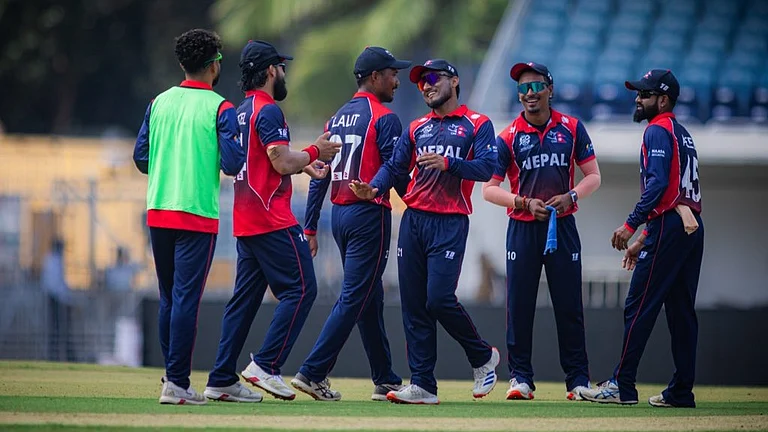There were veritable stampedes for the Merchant-Ivory films screened recently as a retrospective in Delhi and Mumbai. Old favourities like The Householder and Shakespearewala were screened along with Heat and Dust and Howard's End. The early Merchant-Ivory films in a grainy black-and-white texture come with strong strains of nostalgia: Leela Naidu, Madonna-like in her black georgette sari in The Householder, along with Shashi Kapoor, a fresh young god; the old Simla and Gaiety Theatre with the cast of Shakespearewala, the Kendalls and Madhur Jaffrey, the bitch-goddess personified. You watch these films with an ache for the old forgotten days and the purity of the India of the 1950s. For, these films document the heady years of transition from the old colonial world to the new India and the rise of Bania baroque.
And when Merchant-Ivory come to us, can Ruth Prawer Jhabvala be far behind? Their favourite screenplay writer for over a decade, she has deftly turned out dry, sensitively-textured characters and dialogues for their films. It is a partnership that is based on a commonality of vision and idiom. Doubtless, in the pantheon of writers from the subcontinent, Jhabvala occupies a rather special place. Despite being married to an Indian and having lived in Delhi for many years, she is no naturalised foreigner who came to India, fell in love with it and never went away. She has flitted easily between this world and her natal universe and worn bi-focal spectacles as she looked at the cast of Indian characters that lay around her. This curious detachment and refusal to be drawn into the romance of the East has won her both admirers and critics.
In this collection of short stories, she writes of the two worlds that have been hers for some time now: India (East) and New York (Upper East). The first half is about the East, more specifically the New Delhi of the 1980s and 1990s. And it is this world that I am more interested in. Several characters bring to mind familiar people from Delhi's social circuit. There is the daughter of a prominent industrial family who becomes a social hostess for India's first defence minister, then heads the UN mission in Washington. Her husband, a scion of another famous family, becomes an alcoholic and hates his wife. Then there is Farid and Farida, a brilliant London-based couple who break up bitterly when Farid cannot control his drinking and loses his fortune. Farida comes to India and becomes a sanyasin only to go back, packaged as a new-age guru and promoted by a Punjabi entrepreneur friend who has loaned them money in London. The only story that has a somewhat different theme is Expiation, set in a Panipat-like town. In it an older brother, now a successful textile exporter, comes to terms with his younger brother's criminal homosexuality. Each of the India stories has a sort of counterpart in the next section that has plain tales from the 'other' world with the same losers, the drifters and the closet gay. Instead of the Punjabi mamas who say 'hello ji', you have American matrons who say 'hi hon'.
Jhabvala's cast of characters and her vision is by now pretty predictable. Since her very first novel, she has written about the privileged aristocracy of the country. Now that this class has been shoved aside by the hustlers and carpetbaggers, her fiction has been robbed of its casting couch. Gone are the nawabs and the lounge lizards of Lutyens' Delhi. And since she has never cared for the heat and dust of the territory outside these sacred groves, her writing seems to have lost direction. Certainly, her prose has a dry, clinical clarity that is refreshing after the poetic outpourings of the 'mood' writers but it is now beginning to sound tired and flat. Sadly, in straddling two worlds, Jhabvala belongs now neither in the East nor in the Upper East.


























